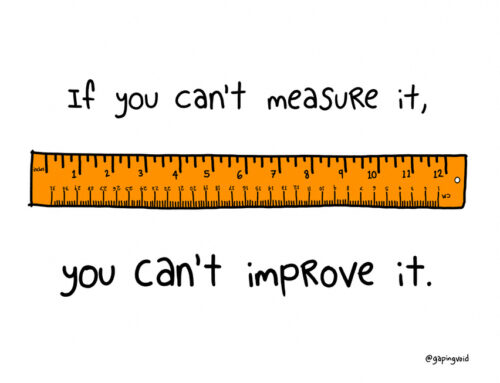I Can’t
September 20, 2015
Categories: Change
“I can’t do it!”
I was playing a game with one of my friend’s children. It was a little tricky. You had to hit this ball back and forth to each other with a paddle, and it required some hand-eye coordination.
What made an impression on me was the effect the words had on the child’s demeanor. I could sense the frustration, anger, and sadness bubbling up below the surface. The child wanted to quit and stop playing. The words “I can’t” were powerful, and it didn’t help move the child closer to his goal.
There’s a term in psychology called self-efficacy that refers to our thoughts and beliefs about our ability to perform a particular task. You can have self-efficacy for various activities—playing sports, giving a speech, doing math problems, anything. Perhaps not surprisingly, our beliefs about what we can do actually make a difference in whether we succeed at the task.
But the words “I can’t” have a tendency creep up on us, especially when we are trying out something new. I’ve seen it in my own life. I want to learn something new, or venture out into new territory, and at first I’m not that good. I get frustrated, mad, embarrassed, and “I can’t” starts to creep in. Once “I can’t” is lodged in my head, it’s hard to get it out. And it makes it more difficult to re-engage in whatever it is I’m trying to do. I don’t like to fail. If I don’t think I can succeed, what’s the point in even trying?
Here’s one small shift I have been trying to make in my own life. Whenever “I can’t” starts to creep into my mind, I immediately try to change my thought to “I presently struggle with.” Here are 2 reasons why this is a good shift:
- It’s fair. In the past, sometimes I have tried to change the “I can’t” to the opposite, telling myself something like, “I’m great at this!” This doesn’t usually work for me, because it doesn’t accurately reflect reality. If I’m trying to do a pull-up, and my body just isn’t moving, the evidence is there. Trying to tell myself “I’m awesome” feels dishonest. I don’t believe myself. But “I presently struggle with” is fair. It’s an accurate description of what’s happening right now. Because it’s a message that’s in tune with reality, I’m more likely to accept it.
- It leaves room for growth. “I presently struggle with” leaves room for improvement. It acknowledges that right now it is a struggle, but the future is more open. If I kept practicing, there is a possibility I could get better. In the future, it may be less of a struggle. This is a more hopeful message than “I can’t.” “I can’t” seems more permanent. It’s a blanket statement that covers the past, present, and future. It’s a judgment that isn’t likely to change.
Discussion: When you are struggling with something, what is the message you tell yourself? What do you think of shifting “I can’t” to “I presently struggle with?”
Related Thoughts

Subscribe To My Newsletter
Join my mailing list to receive the latest blog posts.
Receive my e-book “The Mental Health Toolkit” for free when you subscribe.





